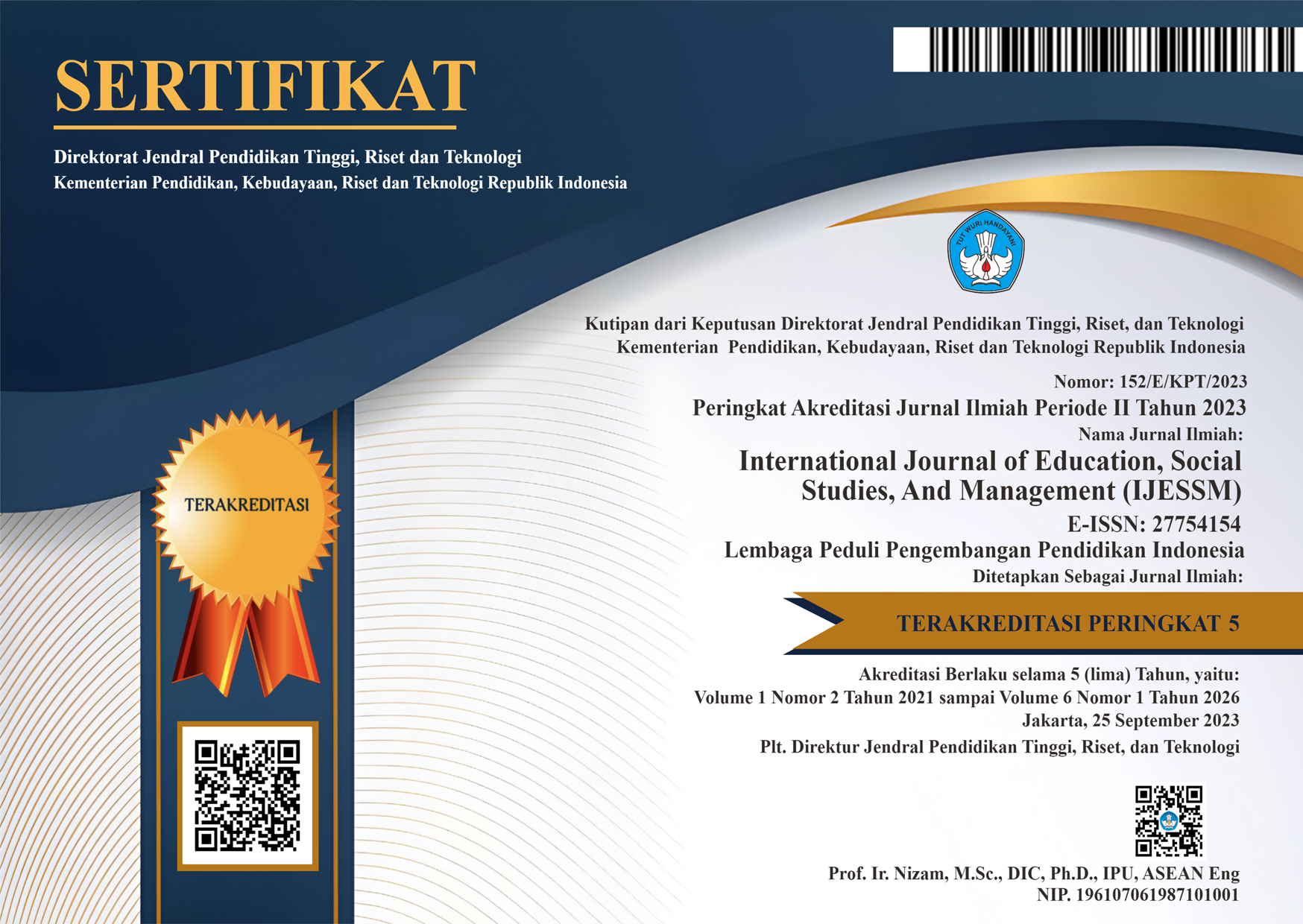Building Transparency and Accountability: Implementation of Good Governance in Modern Islamic Boarding Schools of Muhammadiyah Paciran
DOI:
https://doi.org/10.52121/ijessm.v4i3.573Keywords:
Good Governance, Transparency, Accountability, Islamic Boarding School, Resource DistributionAbstract
This study aims to analyze the application of Good Governance principles in the Muhammadiyah Paciran Modern Islamic Boarding School, focusing on the aspects of transparency, accountability, social responsibility, independence, and equality in the distribution of resources. The research method used is a case study with in-depth interviews with pesantren managers, guardians of students, and other related parties. The results of the study show that pesantren has implemented the principle of transparency through various communication channels, although there are challenges related to technology accessibility for some parties. In addition, accountability in financial management is also pursued with internal audits, but external auditors have not been involved to ensure objectivity. Islamic boarding schools are also active in social activities for the community, although they are still faced with obstacles to program sustainability. The independence of Islamic boarding schools in funding has begun to be pursued by diversifying sources of income, but it still requires more careful planning. The principle of equality in the distribution of resources has been implemented, but there are several complaints related to inequality. This research suggests that Islamic boarding schools strengthen their internal capacity, utilize digital technology, and involve external auditors to increase accountability and transparency.
Downloads
Published
How to Cite
Issue
Section
License
Copyright (c) 2024 International Journal Of Education, Social Studies, And Management (IJESSM)

This work is licensed under a Creative Commons Attribution 4.0 International License.

















